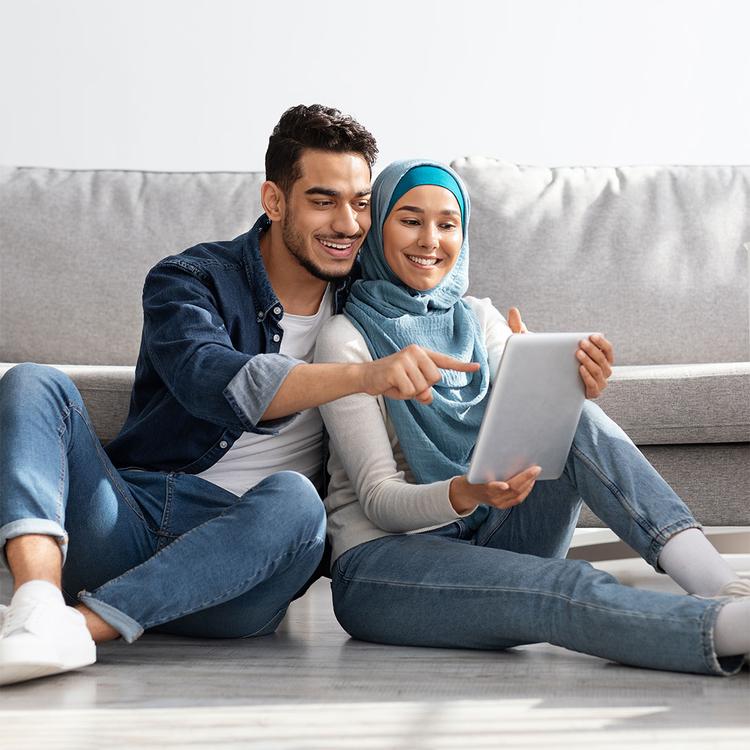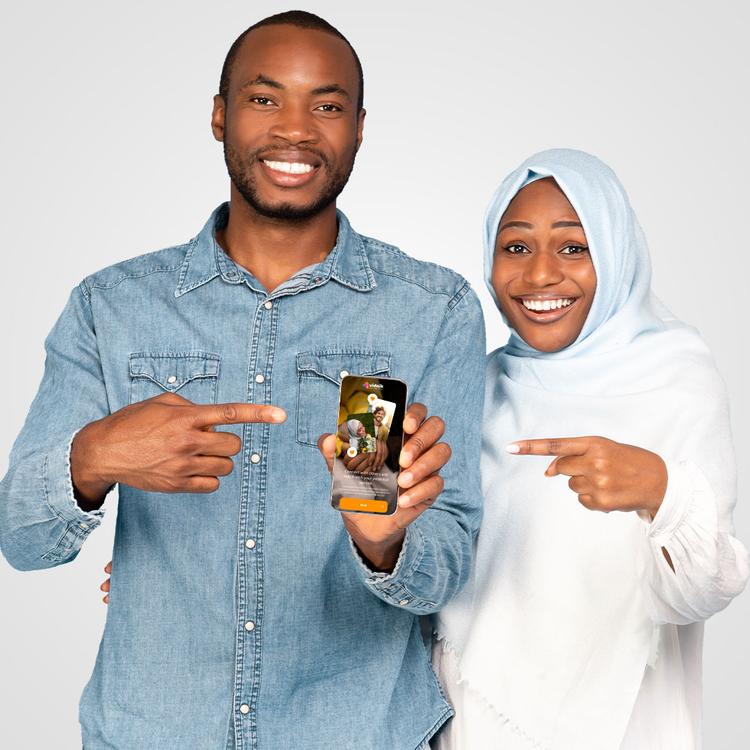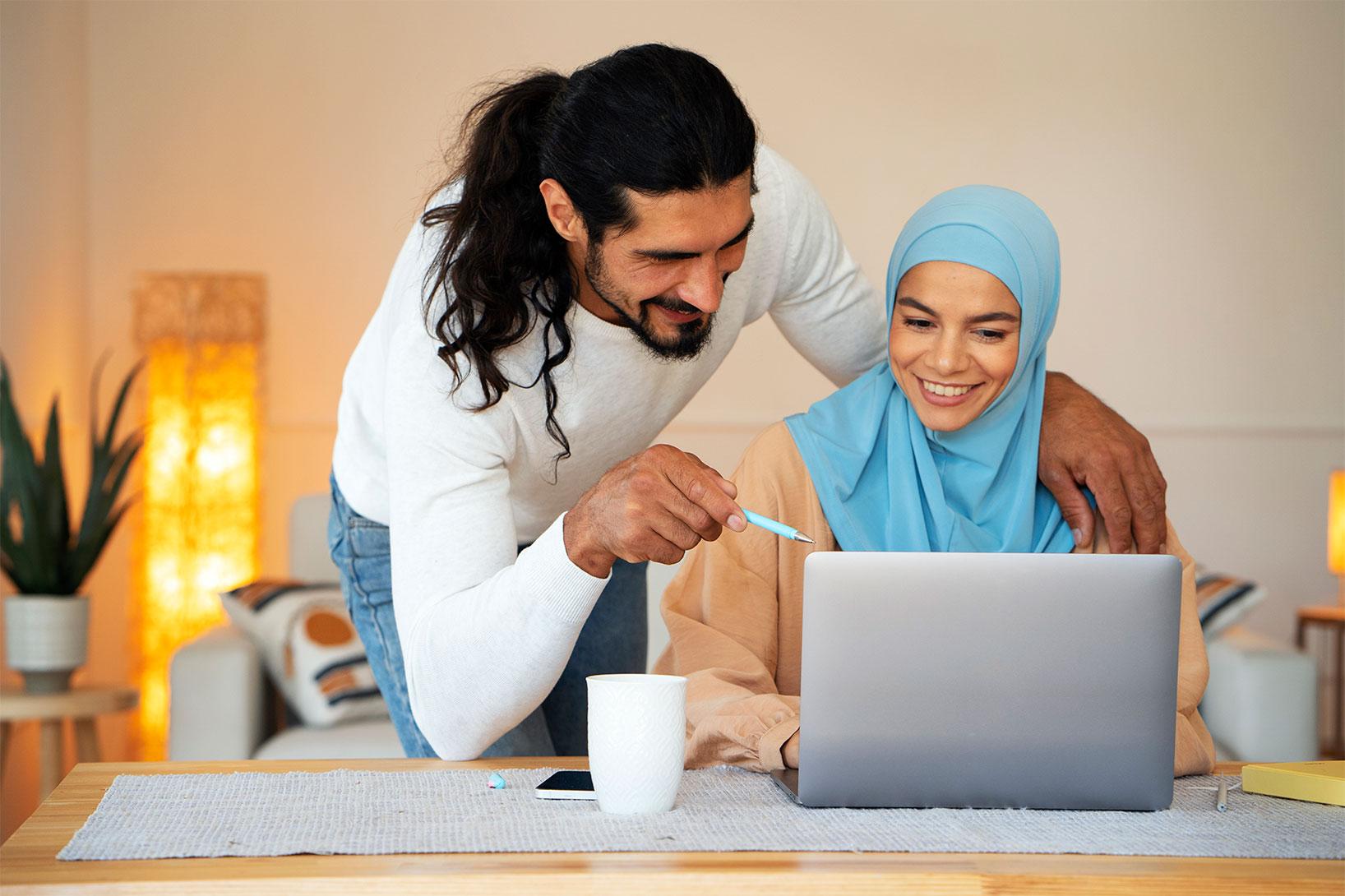
Muslim Women and Marriage in the United Kingdom
In the evolving landscape of 2025, Muslim women in the United Kingdom are navigating the intersection of tradition, culture, and modernity when it comes to marriage.
The expectations placed upon women are shifting, with empowerment, equality, and independence taking centre stage. As society embraces greater diversity, Muslim women are reinterpreting their roles in marriage, balancing their rights with their religious and cultural values. The landscape has undoubtedly changed, and apps like Vidnik are playing an important role in facilitating their Islamic unions.

A Shift in Expectations
Historically, the role of a Muslim woman in marriage was shaped by strict cultural and religious norms. Marriage was often seen as an
obligation, with the main role being that of a caregiver and homemaker. While these traditions are still valued in some communities, many
Muslim women today are seeking a more balanced and equitable partnership.
In 2025, the expectations surrounding marriage for Muslim women have undergone a substantial shift. Women are no longer solely defined
by their roles as wives and mothers; they are increasingly asserting their autonomy and seeking marriages based on mutual respect,
companionship, and shared goals. Empowerment in marriage is now about choosing a partner who respects their aspirations, supports their
independence, and collaborates in building a future together.
Empowerment and Rights in Marriage
Central to the empowerment of Muslim women in marriage is the recognition of their rights. In Islam, marriage is viewed as a sacred contract between two individuals, with rights and responsibilities for both partners. The Quran and Hadiths provide a framework for marriage that includes the right to mutual respect, love, and care. Muslim women have the right to choose their own spouses, to seek financial independence, and to have a say in family matters. However, these rights are not always upheld in practice, particularly in communities where patriarchy and traditional gender roles still dominate. In the United Kingdom, Muslim women are increasingly recognizing their rights under both Islamic law and British law. They are aware that they can demand equality and fairness within their marriages. In this changing climate, there is a growing push for Muslim women to seek out unions where they are treated as equals, not as subordinates. This means finding a partner who is supportive, shares household responsibilities, and values their career ambitions, as well as their role as a wife and mother.

The Role of Technology
As Muslim women in the United Kingdom embrace greater independence and equality, finding a compatible partner who shares their values,
goals, and vision for marriage has become a priority. This is where platforms like Vidnik, a dedicated Islamic matchmaking app, play a
pivotal role.
Vidnik aims to assist Muslim men and women in finding meaningful connections that align with Islamic principles. The app focuses on
empowering users to find partners who respect their religious and cultural values while fostering equality and mutual respect. The app takes
a unique approach by offering a space where Muslim women can take the lead in choosing potential partners, helping them feel more in
control of the process.
For Muslim women, Vidnik offers a safe, respectful, and user-friendly environment to explore marriage options without the pressures and
constraints of traditional matchmaking methods. The app priorities privacy, offering features that protect users' information, and encourages
respectful communication based on Islamic values.
In addition to its focus on compatibility, Vidnik also allows users to outline their personal preferences and aspirations. Whether a woman is
seeking a partner who shares her career ambitions, supports her independence, or values a more balanced division of domestic
responsibilities, the app enables her to find someone who meets her needs.
New Expectations for Marriage
Technology is playing an increasingly important role in helping Muslim women navigate the process of finding a partner who aligns with these values. Vidnik is an example of how modern matchmaking tools can empower women, giving them the agency to take charge of their own futures and find a partner who supports their vision of marriage








































































